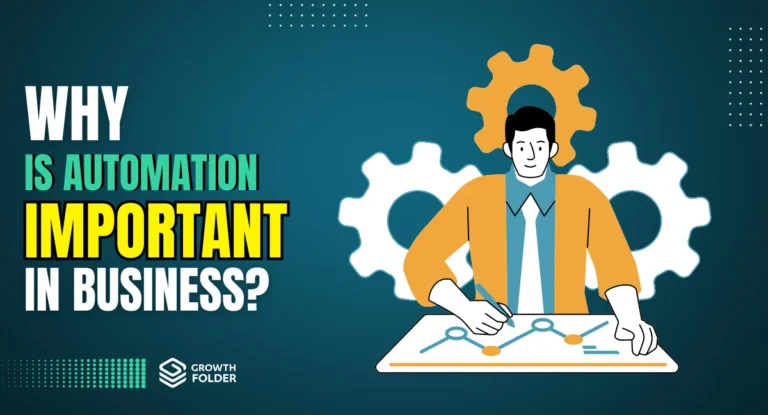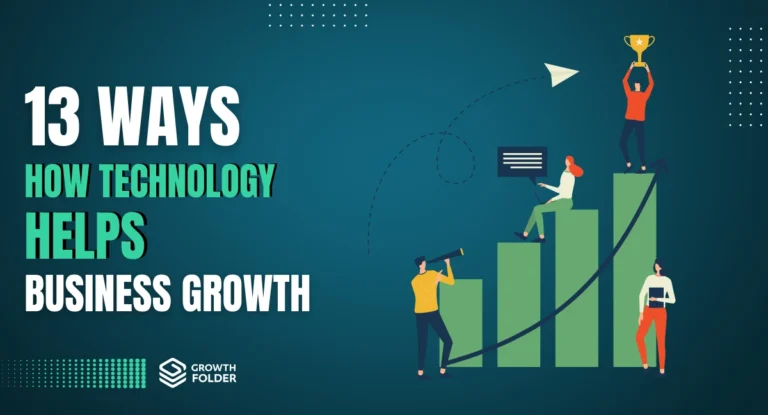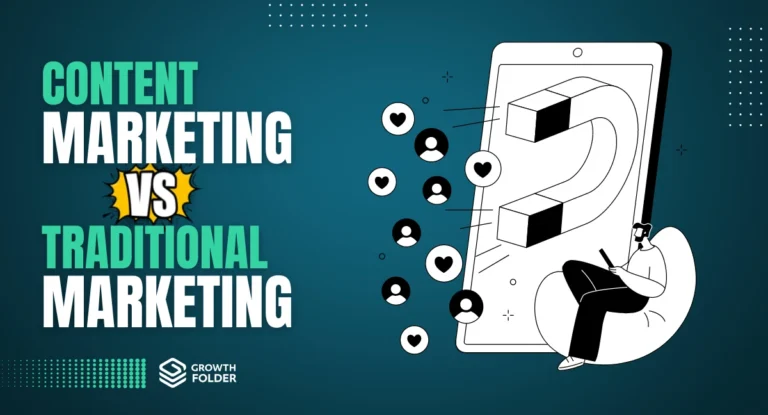
Have you ever thought about how the supermarkets around you always have fresh apples, even when lots of people buy them daily?
And how does your favorite online shop seem to know exactly what you like?
The secret behind all of this and more lies in something called Information Systems.
It may sure sound like a fancy term but actually, it is not!
But what are they, and how information systems are transforming business?
Information Systems are like the brains of a business. They help businesses work smarter and better. They use technology, people, and ways of doing things to gather, sort, and share information.
This helps businesses make good decisions and grow vertically.
But it’s not just about computers or information. It’s about how this information is used to understand what customers want, make things work better, and come up with new ideas.
Let’s dive deep and look at how Information Systems are changing the way businesses work in amazing ways!
What Exactly is an Information System?

An information system is a setup that allows people to collect, store, and process data to provide meaningful and useful information.
It usually involves computers, software, and networks, but it also includes people who use and manage the system.
The purpose of an information system is to help organizations and businesses make better decisions, improve productivity, and enhance services.
An information system is like a busy bee gathering nectar. Just as a bee gathers nectar from various flowers, an information system collects data from different sources. This data can be about people, things, and events related to a business. But the gathering is just the first step.
The information system then works like a chef. It takes raw data (ingredients) and transforms it into information (a tasty dish). This information is then served to the business managers who use it to make decisions, much like choosing the best dish from a menu.
How Information Systems Are Transforming Business?

Speeding Up Tasks
Information systems are the hard workers behind the scenes. They handle jobs that would otherwise take a lot of time. These systems manage everyday tasks like keeping schedules and tracking inventory.
For example, in a big retail store, an information system keeps track of every item sold, adds up the total sales for the day, and even helps to reorder items. All of this happens really fast, making work easier and saving time.
Improved Decision-Making
Information systems also help managers make good decisions. They collect and show data about what’s happening in the business, right now.
This information helps managers see the full picture and make choices that are good for the business.
So, if a business is trying to decide which items to stock more of, the information system can show which products are selling the best. This helps the business increase sales by focusing on what customers want most.
Better Communication
Information systems help people talk to each other, share ideas, and work together. They move important messages from one place to another quickly, breaking down barriers within the business.
This could mean sharing updates with staff, sending documents between departments, or talking to customers.
Information systems make sure everyone knows what they need to do and when they need to do, helping business run smoothly.
Customer Service
Modern information systems can significantly enhance a business’s ability to serve its customers. From ordering to tracking to delivery, these systems help businesses understand their customers’ needs and provide them with the right products at the right time.
In today’s world, where everything is digital, a customer expects a smooth and hassle-free experience. An efficient information system can help businesses meet these expectations by speeding up processing times, ensuring accurate deliveries, and offering personalized recommendations.
The more satisfied the customer is, the higher will be the chances of them returning for future purchases. [Increased Customer Return Rate (CRR)]
Automation of Routine Tasks
Automation is one of the most significant benefits that information systems bring to businesses. By automating repetitive and routine tasks, businesses can increase their productivity and reduce the chances of human error.
For example, an automated information system can handle tasks such as invoicing, payroll, and inventory management. These tasks, which once required a significant amount of time and manpower, can now be completed quickly and efficiently.
Automation also frees up employees to focus on more strategic tasks, which can lead to the overall growth of the business.
Cost Efficiency
Implementing an information system can lead to significant cost savings for businesses. While there is an initial investment involved in setting up the system, the long-term savings can be substantial.
Information systems help businesses reduce their operational costs by automating routine tasks, eliminating errors, and improving efficiency. This means businesses can achieve the same results, or even better, with less effort and cost.
Moreover, the improved decision-making capabilities provided by these systems can lead to better financial management, further adding to the savings.
Security and Data Protection
As businesses become more digitized, the importance of data security has never been more critical. Information systems help businesses protect their data from cyber threats and ensure compliance with data protection regulations.
From encryption and firewall protection to data backup and recovery, information systems offer various tools and techniques to safeguard business data.
These systems also provide control mechanisms to ensure that only authorized personnel have access to sensitive data, thereby reducing the risk of data breaches.
Scalability
As businesses grow, their processes and operations become more complex. An effective information system can scale along with the business, accommodating increased data volumes and more complex processes.
This means that businesses do not have to worry about outgrowing their systems. They can add more users, process more transactions, and store more data without facing significant performance issues. This ability to grow with the business makes information systems a vital asset for any expanding organization.
Improved Competitive Advantage
Information systems can provide businesses with a competitive edge in today’s fast-paced market. These systems allow businesses to analyze market trends, monitor competitor activities, and respond swiftly to changes in the business environment.
By using information systems to gather and analyze data, businesses can make informed decisions that give them an edge over their competitors. Whether it’s identifying new market opportunities or improving product offerings, information systems can provide the insights businesses need to stay ahead of the competition.

conclusion
Whether you’re a small store or a big company, understanding Information Systems can help you grow and succeed in today’s fast-paced world.
Information Systems are the key to making businesses smarter and more efficient. In this post, we explored how they speed up tasks, improve decision-making, enhance communication, and offer better customer service. We also looked at how they allow automation, cut costs, provide security, and even give businesses a competitive edge. It’s not just about technology; it’s about using information to make everything in business work better.
FAQs
Q1. How are information systems improving business tasks?
Information systems help automate routine tasks, reducing the time and effort required. This makes business processes more efficient, allowing employees to focus on more strategic tasks.
Q2. Can information systems help with decision-making in business?
Yes, they can. By providing accurate, real-time data, information systems support managers in making informed, strategic decisions. They offer insights that can help a business navigate the market effectively.
Q3. How do information systems boost communication in a business?
Information systems ensure swift and efficient sharing of information. They allow for instant communication across departments and teams, fostering better collaboration and coordination.
Q4. How does an information system enhance customer service?
Information systems help businesses understand and meet customer needs better. They enable tracking of customer interactions, preferences, and feedback, helping businesses tailor their offerings and improve their service.
Q5. Are there any risks in using information systems in business?
While information systems provide numerous benefits, they also come with potential risks, such as data breaches and system failures. It’s crucial for businesses to implement strong security measures and have contingency plans in place.






